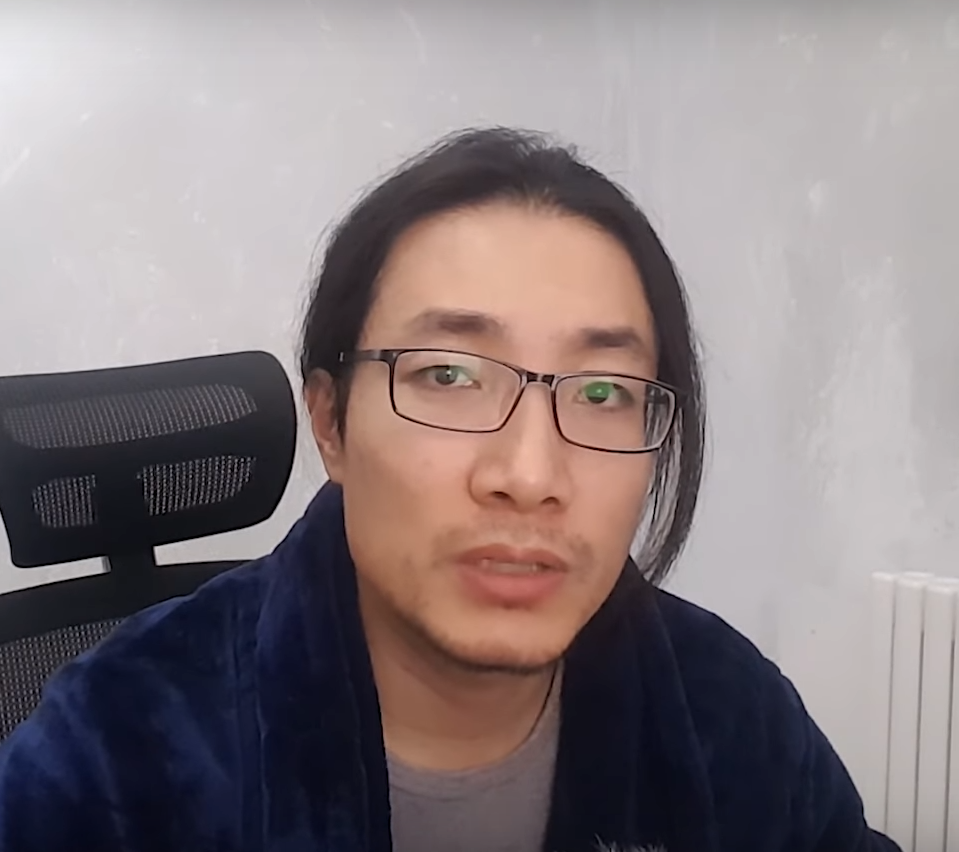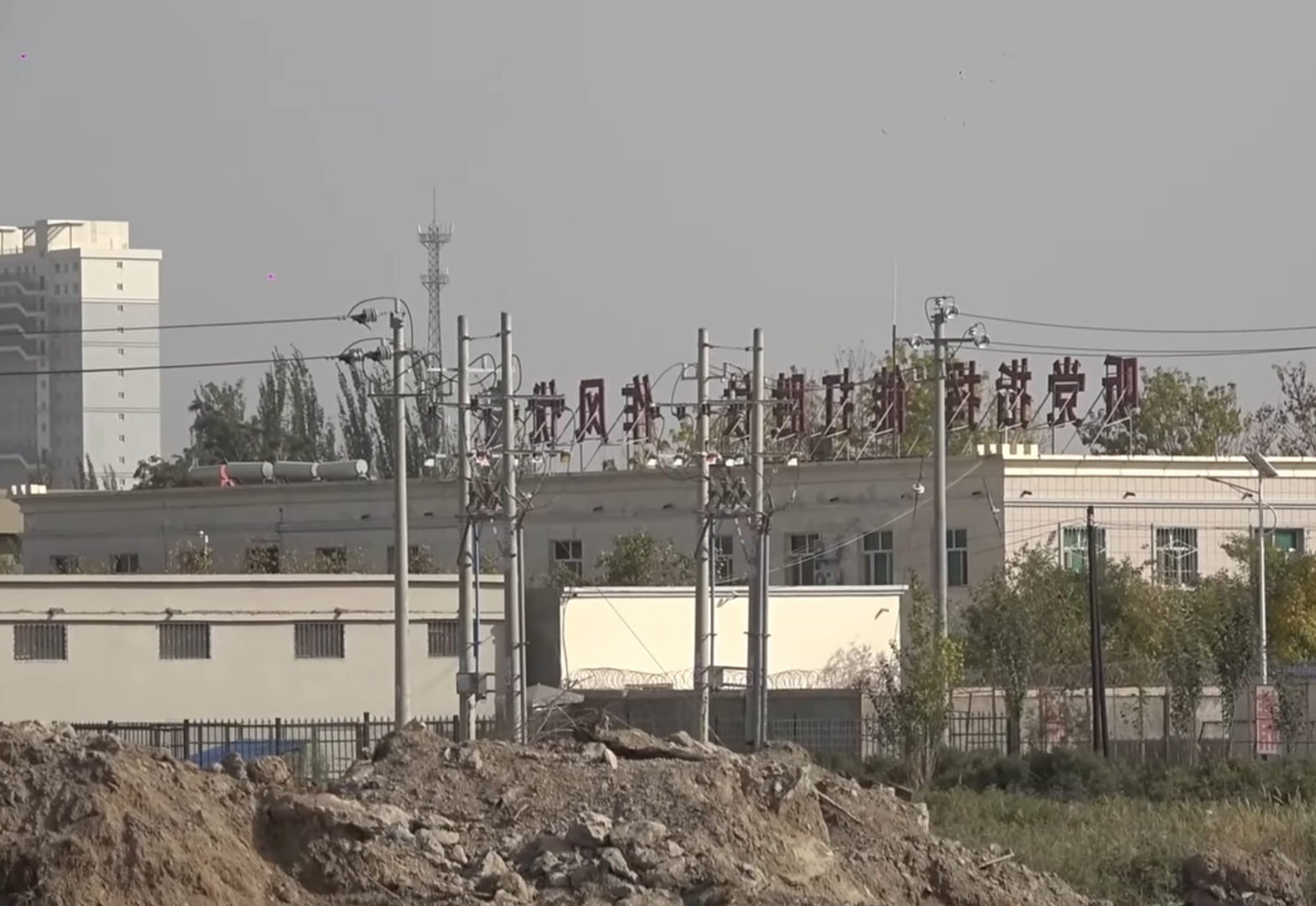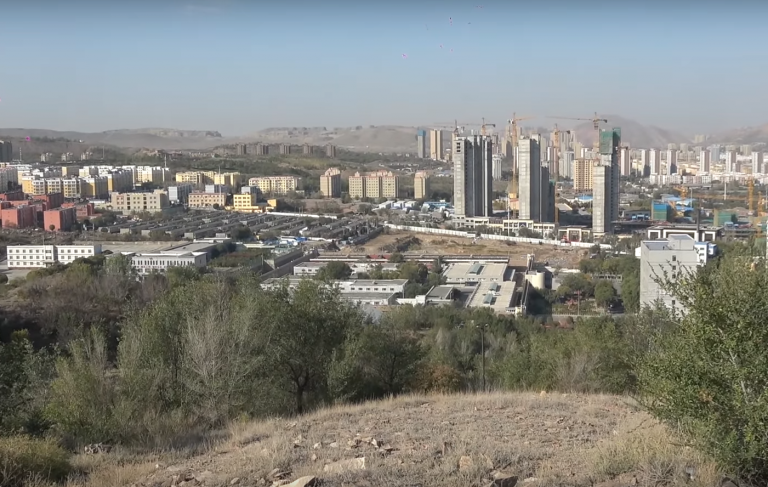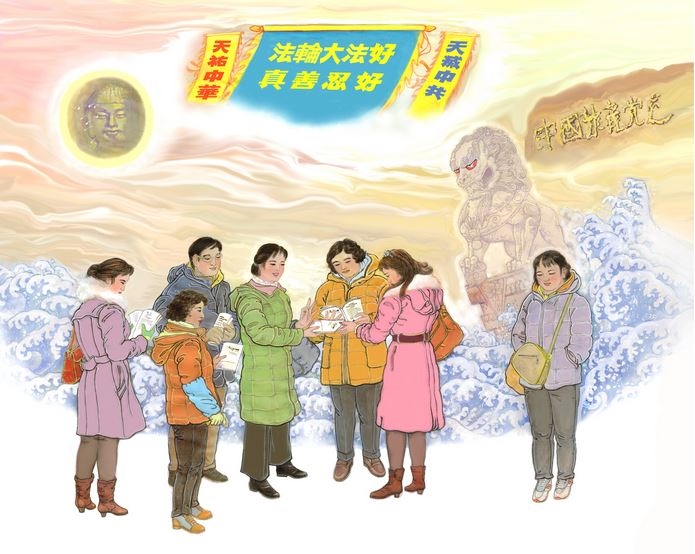A Chinese “citizen journalist” has released a 20-minute documentary he shot in the country’s northwestern Xinjiang region, risking his safety to expose the Chinese Communist Party’s (CCP) repression of predominantly Muslim ethnic minorities, more than 1 million of whom are held in concentration camps.
Identified only by his handle “Guan Guan,” the man said he visited Xinjiang in 2019 and 2020 to collect information and footage — something that would have been extremely difficult for a foreigner to accomplish given the Party’s restrictions on non-Chinese travel to the region.
The Party claims that these concentration camps are for “re-education and vocational training”, but Guan also stated in the documentary that they are for ethnic minorities and other suspects, who are sentenced to jail without a proper trial.
Scouting for the truth
During the trip to Xinjiang, which can be viewed on YouTube, Guan travelled to the cities of Kumul (called Hami in Chinese), Mori (Mulei), Kazakh Autonomous County, Fukang, Urumqi (Wulumuqi), Korla (Kuerle), and Yunqi. Using only Mapbox satellite maps from 2017 and China’s Baidu search engine, he was able to pinpoint a total of 18 concentration camps.

Throughout his search for these camps, Guan has recorded and identified the buildings and facilities, as well as the security measures used to defend each installation throughout the province and the cities. Said measures included security cameras, bars over windows, razor wire along walls, watchtowers and even propaganda signs.
Success
You are now signed up for our newsletter
Success
Check your email to complete sign up
In Korla, he even found what he assumes to be barracks and army vehicles parked nearby.
The video also shows just how much movement Guan made investigating these locations – at one point, he even had to crawl on his belly to record a new army unit.
“The Chinese government’s persecution of Uyghurs is beyond imagination,” Guan said. “One who does not wish to be enslaved cannot bear the sight of others being enslaved. Down with the CCP; may it be dissolved sooner rather than later so as to end its anti-human evildoings.”
While his evidence was limited, local Han Chinese confirmed to him that Uyghurs were being used as forced labour.
Guan Guan’s video garnered widespread attention, gaining nearly 276,200 views since it was uploaded. However, he is aware of the risks of being heavily punished should he be caught by police for revealing their inner workings, possibly facing 10 years in jail.

“I was really amazed when I saw that video,” Alison Killing, who helped create a satellite image map for BuzzFeed’s reports on XInjiang, said. “The first thing that should be said is just how brave that guy was to head off to Xinjiang and to go and look for those camps.”
UK director of the World Uyghur Congress, Rahima Mahmut, shared her emotions for the video and Guan’s insights.
“As an [Uyghur] unable to return to my homeland for more than 20 years, I found this video both heart-breaking and eerie,” she said. “Behind those high walls and barbed wire there are people just like you and me.”
Atrocities unfolding
It has been reported that the concentration camps in Xinjiang are described as “hellholes” by Uyghur survivors, who have experienced sexual abuse, rape and forced sterilization of female prisoners. Others were also beaten, shocked and tortured, being forced to live in narrow spaces and learn communist teachings.
According to one Chinese officer called “Jiang,” electric batons were even used on victims, the Daily Mail reports.
According to Sarah Cook, a China researcher at Freedom House, the CCP has essentially transferred its modern “playbook” for persecuting other faiths — starting with Falun Gong in 1999 — to the Uyghurs and other Muslim minorities in Xinjiang.
The CCP has continued to deny any wrongdoing against minorities in Xinjiang and other regions, but people around the world have protested, calling bluff on the communist government’s policies against Uyghur Muslims. It has come to the point where the U.S. government labelled these actions in Xinjiang as “genocide” in early 2021.
The Chinese embassy in London and the consulate in Manchester, UK, have also been bombarded by protests in response to the plight of the Uyghurs.
Beijing’s discrimination of the Uyghurs is not their only known point of controversy. For months, the CCP has escalated its military tensions with Taiwan, sending its forces into their air defense identification zone and threatening counter responses from the democratic government.
The CCP has also been weighing its options in the South China Sea, prompting several nations across the world to reinforce their fleets in case of a military strike.
In addition to these movements, Beijing has opened up to cooperating with the extremist government of the Taliban in Afghanistan, though this alliance could be shakier than anticipated.












